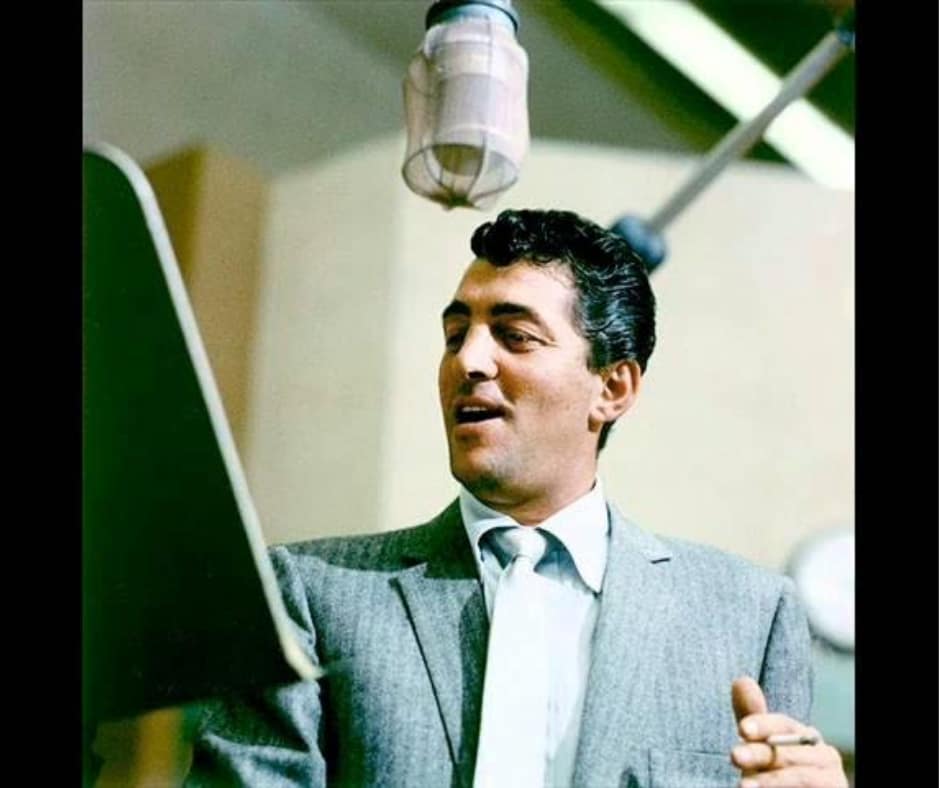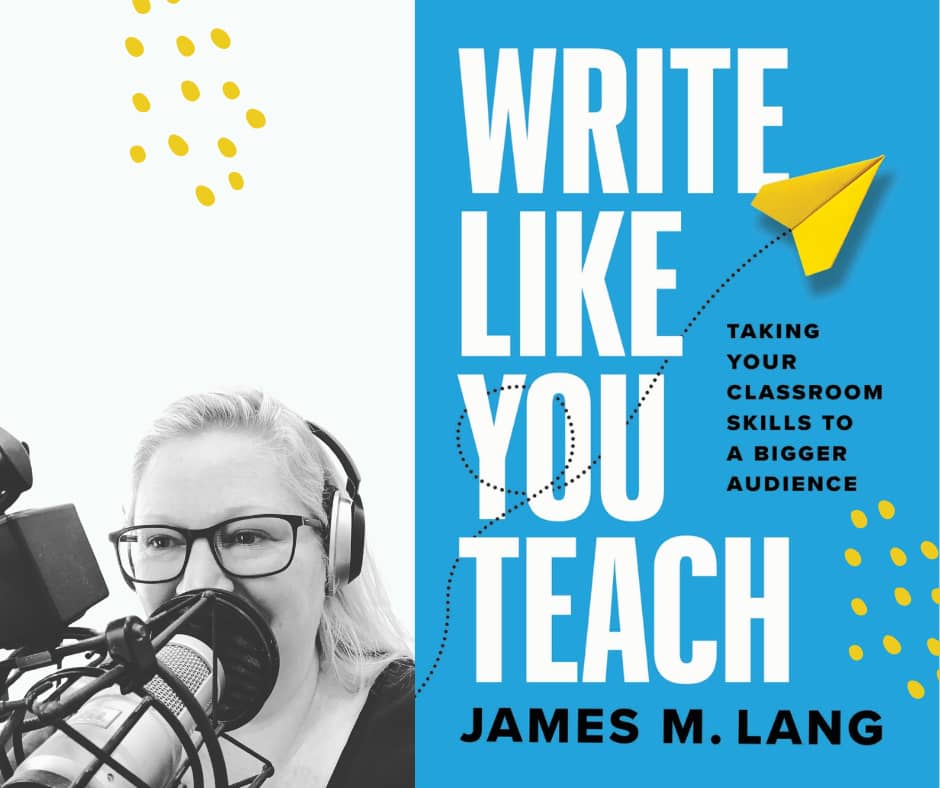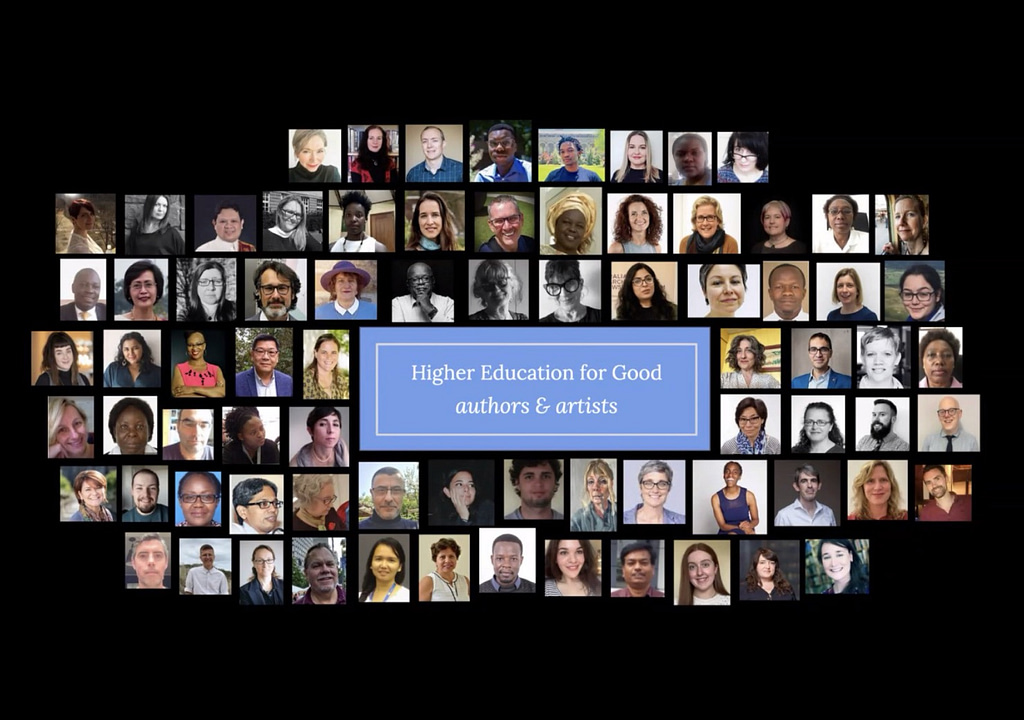
Dave sent me his notes from an evening event at our kids' school about college preparation. Mind you, neither of our kids have entered high school yet. Things are certainly different from when I was preparing for college.
Our son is helping me digitize the last huge lateral file cabinet of documents from my younger days. These files contain everything from class notes written in cursive from my undergraduate classes to printed papers with handwritten feedback from professors. I'm having all these flashbacks of particular professors and coursework and the ways I was shaped by all of these experiences.
A single page with four short paragraphs, was mixed in with old brochures and catalogs. As soon as I noticed it wasn't exactly five paragraphs, my mind flashed to John Warner's *Why They Can't Write: Killing the Five-Paragraph Essay and Other Necessities* and how proud he would have been that I hadn't adopted the commonly-used structure. That said, I'm not sure this was my greatest piece of writing, or that John would have been proud of much else. It got the job done, however. The document was written during my senior year of high school and contained my college essay. I applied to a single university, the same university my parents had attended. I had visited a few times that year, since a friend who was a year ahead of me was enrolled.
Contrasting the relative lack of effort put into my school selection process with what many young people go through today is wild. Given that the first college-related event has already commenced at our kids' school, I figure that I probably am going to need to continue to adjust my thinking and understanding of what it looks like today to pursue higher education.
Friends who have children older than ours have vividly described how stressful the process can be of walking alongside young people during the college application process. I also understand that today's supposed measures of quality don't hold up very well to scrutiny. Prestige and selectivity may dominate the conversation, but I’m increasingly drawn to questions about belonging, mentorship, and growth.
Brennan Barnard has advice regarding The Question Every College Applicant Should Ask. As a college counselor, he chronicles his visits to ten college campuses over six months and is most interested in the answer to a key question:
How easy is it for a student to be known here? You can see that in class sizes, advising structures, and whether students can quickly name an adult who’s made a difference in their experience.
The more I sit with that question, the more it feels like a proxy for something deeper: whether an institution creates the conditions for students to flourish. I finished reading Flower Darby's latest book last night, in preparation for an upcoming interview with her. In The Joyful Online Teacher: Finding Our Fizz in Asynchronous Classes, Flower quotes Denise Maduli-Williams from San Diego Miramar College, who describes the unique opportunities she has in her online classes to build relationships with students. Denise shares:
I feel like I know my online students better than my in-person students. I have more interactions with them, they get to know more about me through the types of activities we do, and I’m able to individualize content, links, and resources for different students’ needs.
That sentiment resonated with me, as I considered how many more students' dog names I know, when they take online classes with me. I find fewer students have cats, but one last semester had a guinea pig (who sadly passed away during our semester together). I also know where they work, what music they're into, and the nervousness they feel about their upcoming job interview. Those kinds of interactions aren’t incidental. They’re structural. They create the conditions in which students can take risks, feel supported, and grow.
My role as an educator is centered on knowing students, as well as helping them feel like they matter. As a parent, I'm going to make sure to ask how easy it is for a student to be known at the various places we might explore. On my reading list will be Jeff Selingo's Dream School: Finding the College That's Right for You, or at the very least, I'll explore whether it might be a good resource for our kids. My goal will be to not get overly swept up in other factors that turn out to be poor proxies for what truly matters: whether a place cultivates the conditions for students to thrive.



